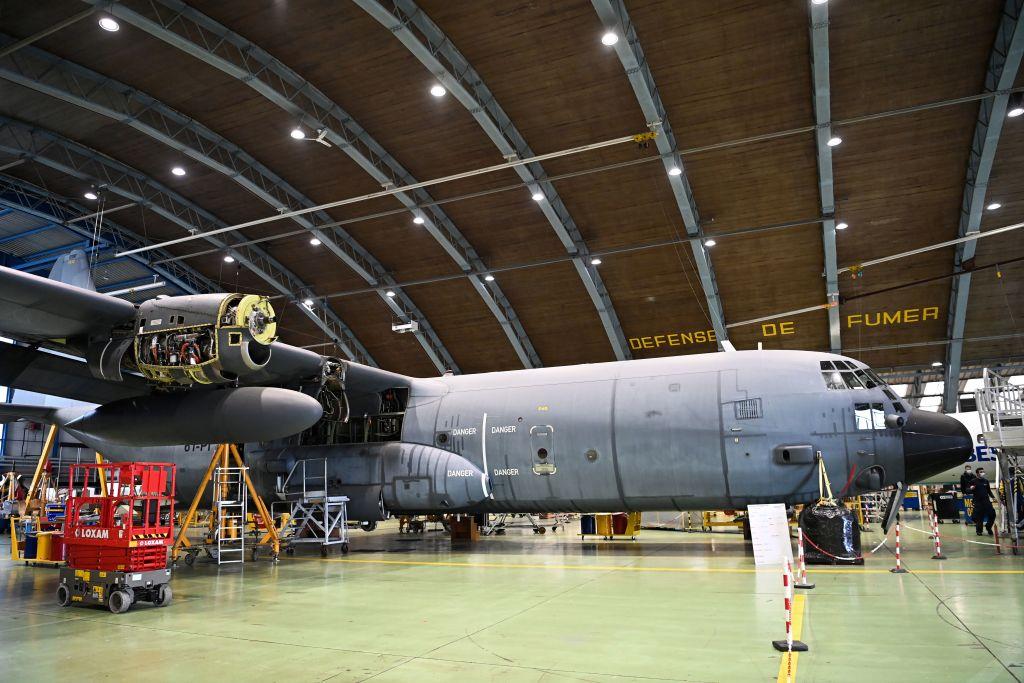
A French Army Lockheed Martin C130 under maintenance at a Sabena Technics facility in France.
Credit: Damien Meyer/AFP/Getty Images
TOULOUSE—After having consolidated several French maintenance players, Paris-based Sabena Technics is turning its attention to other countries in Europe. Growing outside France in countries relatively nearby would enable synergies, according to Sabena Technics CEO Philippe Rochet. “Our company has a...
Subscription Required
This content requires a subscription to one of the Aviation Week Intelligence Network (AWIN) bundles.
Schedule a demo today to find out how you can access this content and similar content related to your area of the global aviation industry.
Already an AWIN subscriber? Login
Did you know? Aviation Week has won top honors multiple times in the Jesse H. Neal National Business Journalism Awards, the business-to-business media equivalent of the Pulitzer Prizes.
